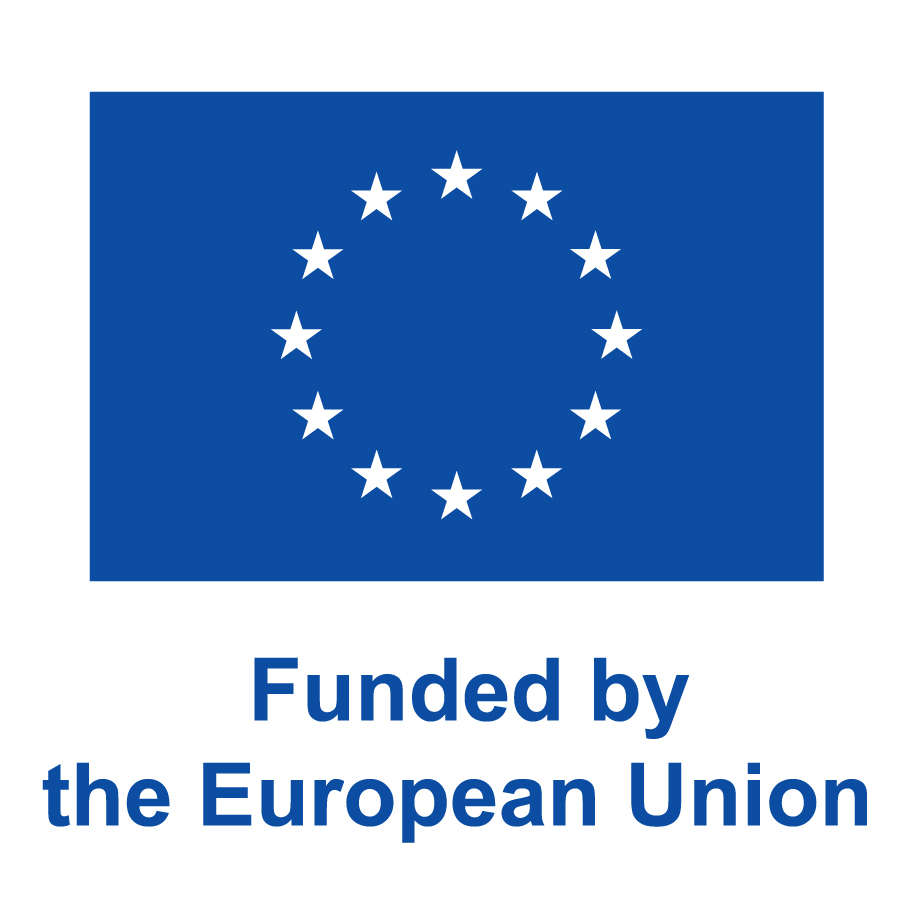In 2019, the Report of the Secretary General on the Status of the Convention on the Rights of the Child to the United Nations General Assembly (UNGA) emphasized awareness-raising campaigns that highlight the “potential harm to children stemming from a wave of short-term, unqualified staff, volunteers and interns in orphanages around the world, known as orphanage voluntourism” as a best practice. Shortly after, through UNGA Resolution on the Rights of the Child, Member States acknowledged the link between orphanage tourism, trafficking and exploitation, and committed to taking appropriate measures to prevent and address the harms associated with orphanage tourism and volunteering.
Orphanage Trafficking, in which children are recruited and trafficked into institutions for the purpose of financial profit and other forms of exploitation, is one form of institution related trafficking of children. In recent years, the issue has gained global attention, shedding light on the exploitation of vulnerable children for profit. The Special Rapporteur on the sale and sexual exploitation of children, including child prostitution, child pornography and other child sexual abuse material, stated in her 2022 report that orphanage trafficking constitutes a form of trafficking to which children in institutional care may be exposed for exploitation and profit; and the Special Rapporteur emphasised in her 2023 thematic report the urgent need for collective action to regulate harmful forms of voluntourism through “do no harm” policies and practices so that children are not exploited for profit in the travel and tourism industry.
Most recently, in 2023, the Inter-Parliamentary Union adopted a resolution on Orphanage trafficking, highlighting the crucial role of parliaments in reducing harm and outlining concrete steps parliamentarians should take to bring domestic legal and regulatory frameworks into full conformity with international commitments in relation to child protection and children’s rights.
This webinar, co-hosted by the OSCE, aims to raise awareness about the prevalence of orphanage trafficking worldwide, to examine the underlying factors contributing to the phenomena of orphanage trafficking and to explore the impacts of orphanage trafficking on children. Furthermore, countries will showcase successful interventions and best practices in combating orphanage trafficking from the perspective of a “volunteer-sending country.”
Speakers
- Key note speaker: Stephen Ucembe, Regional Manager for East and Southern Africa, Hope and Homes, Survivor Orphanage Trafficking, Kenya
- Dr. Kate van Doore, Deputy Head, Griffith Law School, Australia
- Joel Borgstrom, World Childhood foundation, Sweden
- Senator Linda Reynolds, Western Australia, Australia
- Patricia Nieuwenhuizen, Better Care Network, Netherlands
- Antje Monshausen, Tourism Watch, Brot fuer die Welt, Germany
Moderator: Katharina Thon, Programe and Capacity Building Officer, OSCE Special Representative and Co-ordinator for Combating Trafficking in Human Beings
Project TRM

Project TRM is a two-year project co-funded by the EU which aims to strengthen multidisciplinary interagency services to address the specific needs of child victims of trafficking and exploitation. The project partners include Council of the Baltic Sea States (CBSS) and Child Circle.